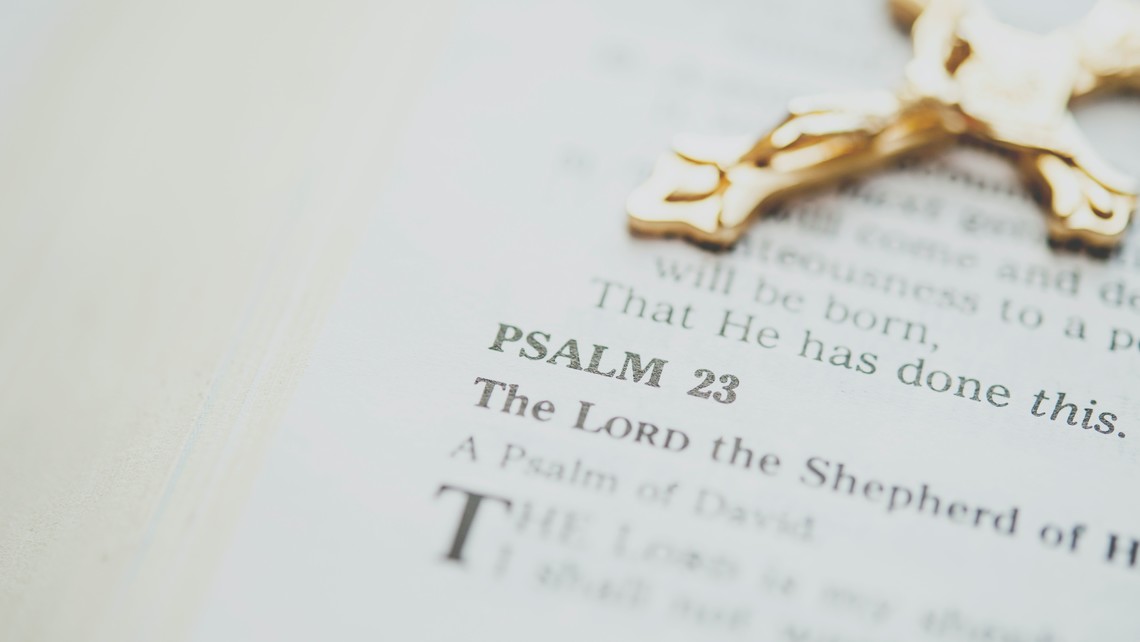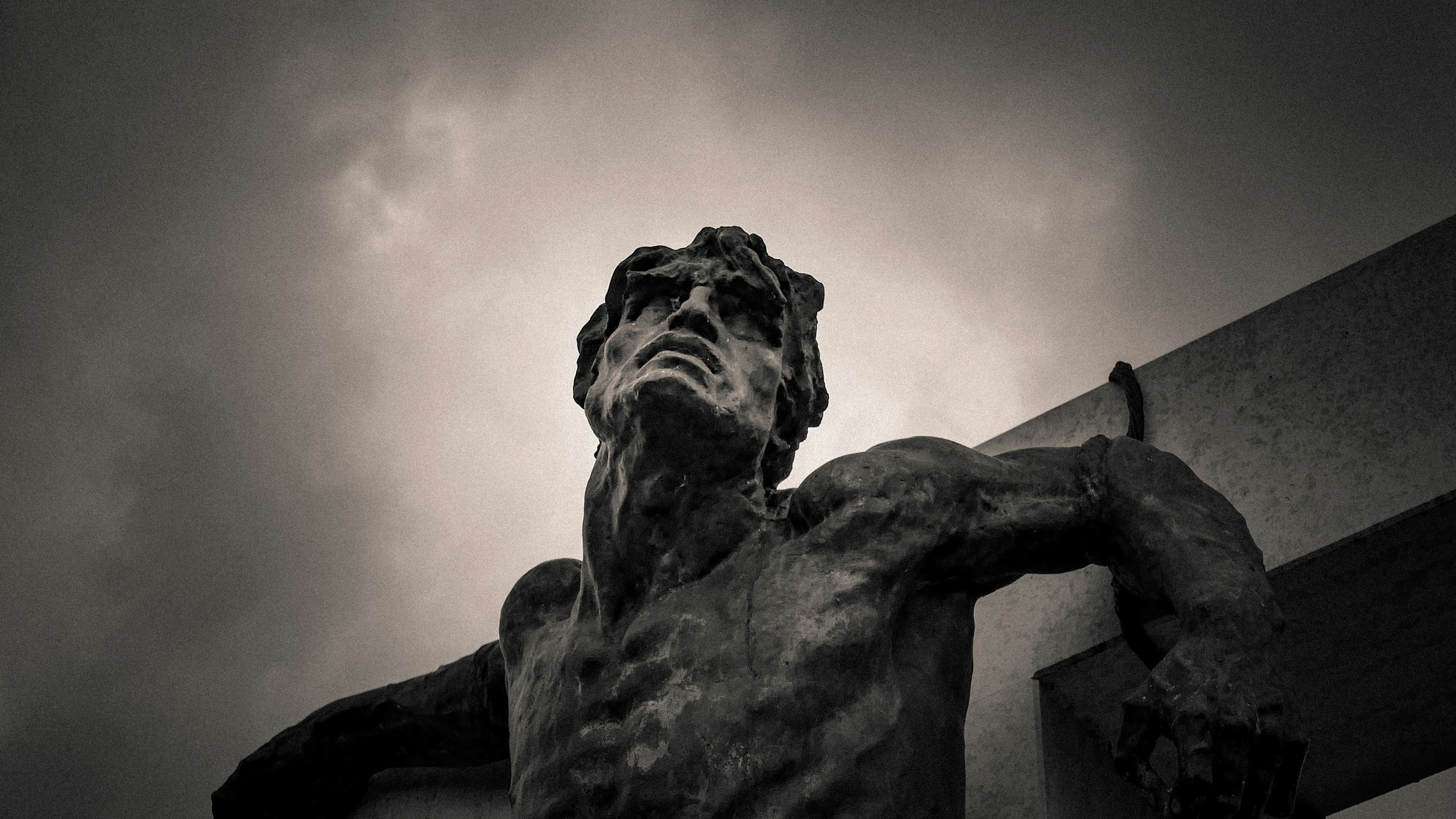
There is a distinct command Christ offers to both Jew and Gentile, disciple and Apostle that summarizes the entire premise of the beatitudes; be perfect as your heavenly Father is perfect.[1] The importance of this command demonstrates the significance of the Incarnation as the source and summit of the Christian life. The call to embrace and imitate the Father is a call to recognize the Son as the supreme model of holiness.
What immediately stands out in Christ’s command of perfection is the understanding that the person truly has faith, and thus a genuine belief that he can be perfect as our Heavenly Father. If the grace made available in baptism initiates are entrance into the Kingdom of God, then a fruit of that grace what can be called a divine impulse is meant to help us engage our baptism in a clear and succinct way. The divine impulse I reference can be phrased in the form of the following question: Do you wish to become holy?
The Development of Christian Holiness
The desire for holiness is intimately rooted in a clear recognition that man is a gift from God. Our origin stems from a distinct love and Divine value God places on his children in order to reciprocate that love in fidelity to God. The Catechism reinforces this important point in the following way:
We know that in everything God works for good with those who love him . . . For those whom he foreknew he also predestined to the be confirmed to the image of his Son, in order that he might be the first-born among many brethren. And those whom he predestined he also called; and those whom he called he also justified, and those whom he justified he also glorified.[2]
Christian holiness involves the simple proclamation of saying yes to God. It does not involve the use of a program or a book that provides schemes and processes on how to be holy. A cogent understanding of the development of Christian holiness relies on the openness to ask the following questions; What must I do? What do you ask of me? Christ is not only the source but the answer to these questions.[3] The Incarnate Word makes visible what had been perceived as invisible, He the Messiah reveals the love of the Father by way of His own sacrificial death forever eternally lived through the Eucharistic sacrifice. If there is such a source that we can turn to in the development and maturation of Christian holiness it is found in Sacred Scripture the Word of God. Our collaboration with the Word of God is what God desires from all of us, simply put, it is a communication with God. St. John Paul II reminds us:
The proclamation of the Word of God has Christian conversion as its aim: a complete and sincere adherence to Christ and his Gospel through faith.[4]
It is important that we come toward an understanding that any form of spiritual progress cannot bear fruit unless it is associated with the Jesus Christ. St. Theresa of Avila once commented that “self-reliance almost destroyed me.” The spiritual measure of our life is Jesus Christ crucified which requires an intimate understanding of the death of Christ on the Cross and our own willingness to embrace and understanding our own redemptive suffering that is tied to our baptism.
How do I renew my universal call to holiness?
Christ provides evidence of our own spiritual renewal through an invitation. We see evidence of this where He clearly demonstrates that if you ask you will receive, if you seek you will find, and if you knock, He will open the door.[5] The premise of any form of spiritual renewal or progress is first an genuine openness to God. This means that any initial fear and trepidation has been dispelled and now you and I are willing to embrace a relationship with Christ. This journey of faith is not time sensitive. The way of perfection must pass through the cross.[6] So how does one renew the call to holiness? The Sermon on the Mount[7] provides us with some spiritual food for thought:
- Reconciliation with one’s brother before presenting an offering on the altar
- Love of enemies
- Prayer for Persecutors
- Prayer to the Father in Secret
- Not heaping up empty phrases
- Prayerful forgiveness from the depths of the heart
- Purity of Heart
- Seeking the Kingdom before all else.
- There is no holiness without renunciation and spiritual battle.[8]
Let not your hearts be troubled. Believe in God, believe also in me.[9]
[1] Mt 5: 48
[2] CCC 2012
[3] Novo Millennio Ineunte, 29
[4] Redemptoris Misso, 46
[5] Mt 7:7
[6] CCC 2014
[7] Mt 5:23-24
[8] CCC 2014
[9] Jn 14:1






